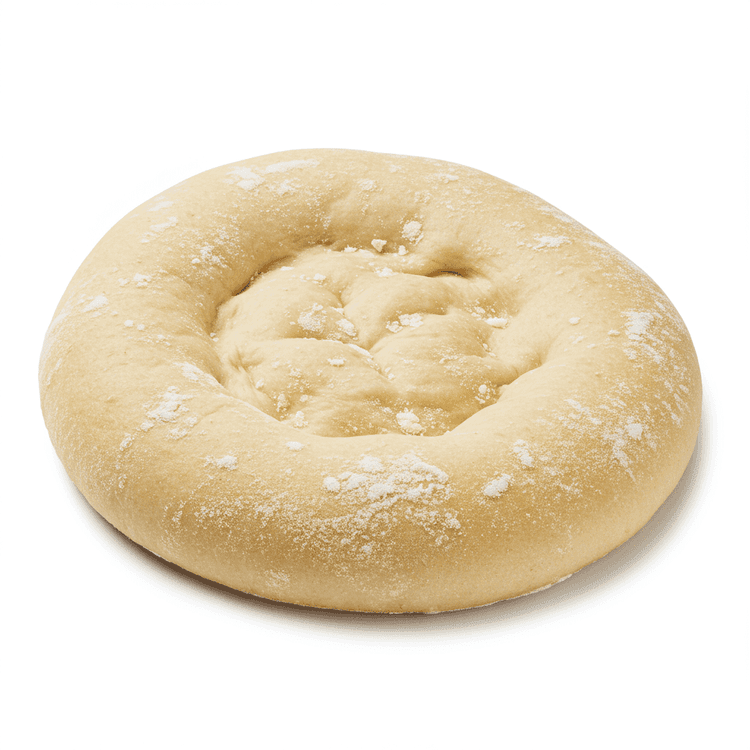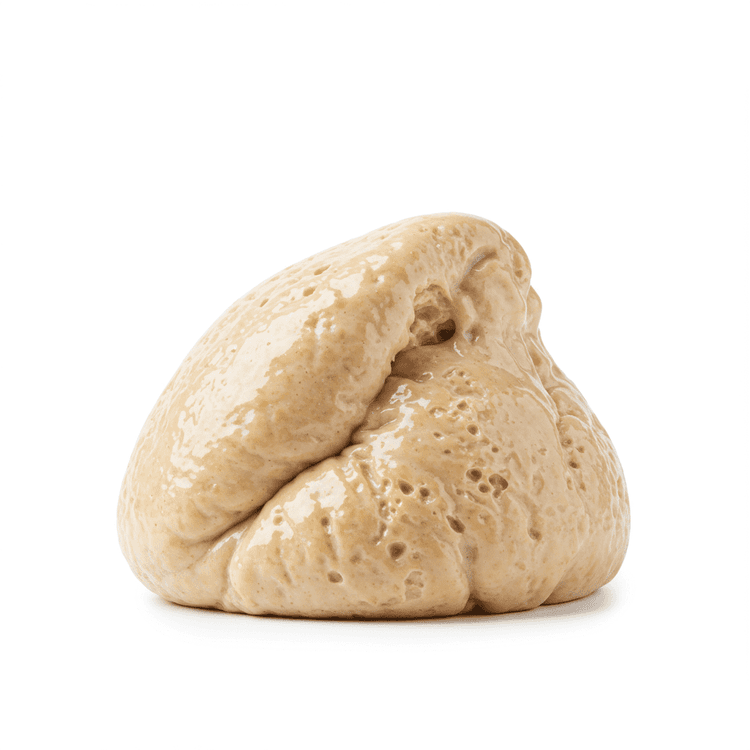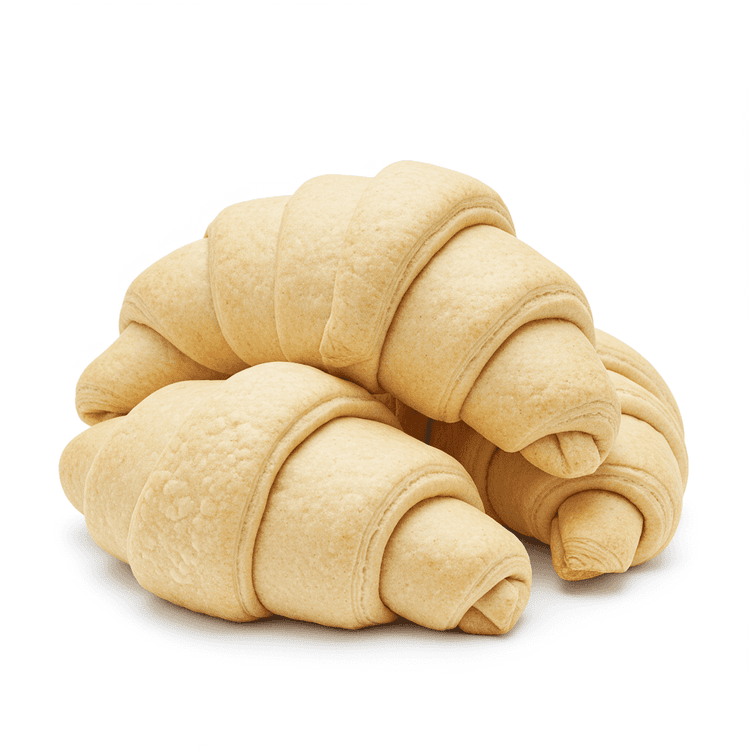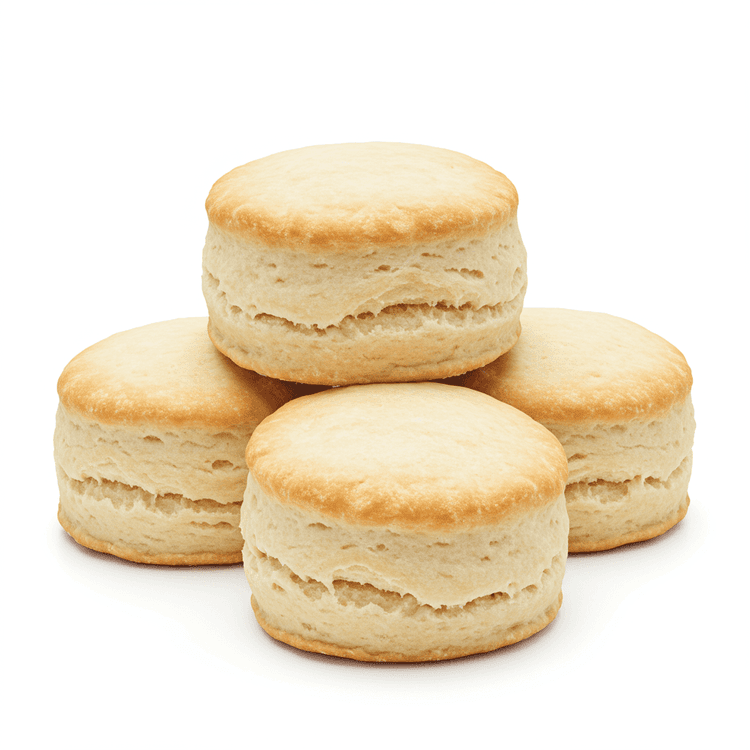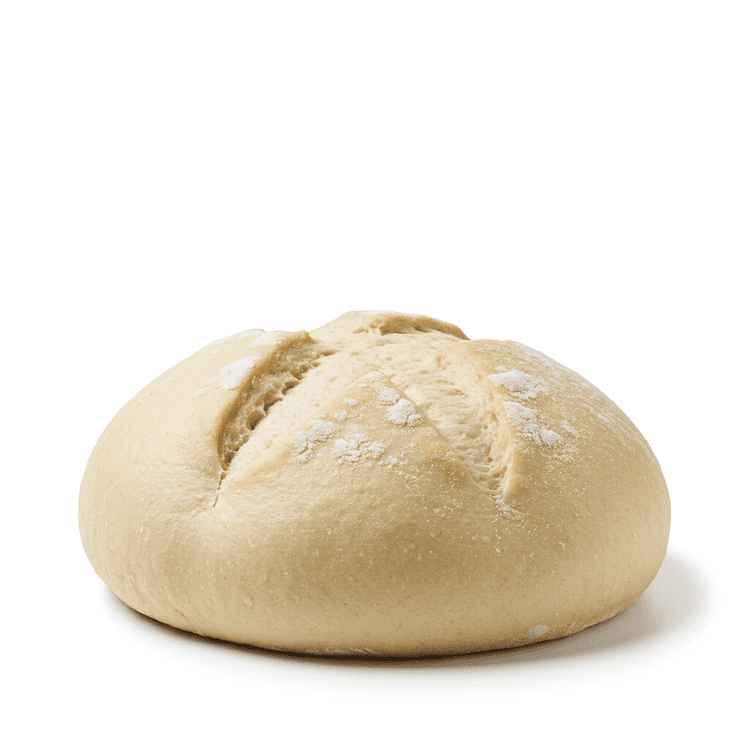
Bread Dough
Bread dough is a fundamental ingredient in baking, offering a blank canvas for creating a vast array of delicious bread products. This pliable mixture, typically composed of flour, water, yeast, and sometimes salt and other enrichments like sugar or oil, develops its characteristic elasticity and airy texture through kneading and fermentation. The specific flavor and final texture vary widely depending on the recipe, ranging from the tangy, chewy crust of sourdough to the soft, fluffy crumb of enriched doughs. The appearance of bread dough evolves during proofing, transforming from a dense, slightly sticky mass to a light, airy, and significantly larger volume, ready for baking into everything from loaves and rolls to pizza crusts and pastries. Properly proofed bread dough is key to a successful, flavorful bake.
Common Uses
- Use bread dough to bake homemade artisan loaves with various crusts, like sourdough, crusty French bread, or multigrain bread, achieving a professional bakery quality at home.
- Transform bread dough into delicious pizza crusts, whether thin and crispy or thick and chewy, and customize with your favorite toppings for a satisfying meal.
- Create soft and fluffy dinner rolls or sandwich buns from bread dough, perfecting their texture and taste through careful proofing and baking.
- Craft sweet treats using enriched bread dough, such as cinnamon rolls, brioche, or babka, for delightful breakfasts, desserts, or snacks.
- Employ bread dough for making savory pastries like calzones, stromboli, or hand pies, tailoring the fillings to your personal preferences and creating satisfying portable meals.
- Bake bread dough to produce flatbreads like pita or naan which can then be used in other culinary applications like wraps, sandwiches, or alongside dips and curries.
Health Benefits
- Source of carbohydrates for energy
- Provides some B vitamins depending on the flour used
- Can be a source of fiber, especially when made with whole wheat flour
- May contain protein, contributing to satiety
- Fermented dough (like sourdough) can be easier to digest
Chefadora AI is here.
Experience smarter, stress-free cooking.
Storage Tips
Bread dough is best used immediately after proofing. However, if you need to store it, you can refrigerate it for up to 24-48 hours to slow down the rising process. Place the dough in a lightly oiled bowl, turning to coat, and cover tightly with plastic wrap or a damp cloth. Alternatively, freeze the dough for longer storage. Wrap the dough tightly in plastic wrap, then in a layer of foil or place in a freezer-safe bag. Frozen dough can last for up to 2-3 months. Thaw it in the refrigerator overnight before using.
Marnirni-apinthi Building, Lot Fourteen,
North Terrace, Adelaide, South Australia, 5000
Australia
